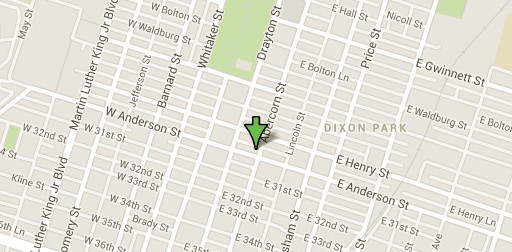In response to the dramatic increase in opioid abuse in the US, the Department of Health and Human Services (HHS) has issued new guidelines for doctors treating chronic pain conditions like TMJ, back pain, and others. The goal is to emphasize drug-free treatments whenever possible and specifically to avoid the use of opioids except in very rare situations.
At Beyond Exceptional Dentistry, we offer drug-free treatment of TMJ, which can also help with migraines and other chronic pain conditions. TMJ treatment might even prevent the development of fibromyalgia, irritable bowel syndrome (IBS), and related pain conditions.
The Magnitude of the Opioid Problem
For people who haven’t yet been impacted, the impact of opioids might be hard to appreciate. In 2014, about 28,000 Americans died from opioid overdose in the US. That accounts for 60% of all drug overdose deaths in the US, and it’s only 2000 people less than die in car accidents every year.
And while car accident deaths have been declining steadily, opioid overdose deaths have nearly quadrupled since 1999. While heroin is to blame for many deaths, prescription opioids account for about half of all opioid overdose deaths. Since opioid prescriptions have nearly quadrupled since 1999, it’s not hard to link them to the increase in deaths.
To protect Americans from this danger, it’s important that we find another way to treat chronic pain.
The New HHS Strategy
The HHS has been working on the problem of opioid overdose since at least 2011, when it convened the Interagency Pain Research Coordinating Committee, which included representatives from the Department of Defence, Veterans Affairs, the Food and Drug Administration, the National Institutes of Health, the Centers for Disease Control, and other departments. After long work, the Committee recommended that doctors and dentists should:
- Develop new approaches to the treatment of chronic pain conditions
- Utilize integrated pain management that utilizes a holistic approach to pain treatment, focusing on psychological factors and social factors as well as biological factors underlying chronic pain
- Recommend options from the full spectrum of pain care, including home care
- Help lower barriers to chronic pain care that have historically prevented people from getting needed care
- Spread awareness among colleagues about other alternatives in pain care
Millions of Americans suffer from chronic pain, and the number continues to increase. To save lives while improving the quality of life, we need drug-free alternatives to treating and preventing chronic pain.
TMJ as Keystone Pain Condition
At Beyond Exceptional Dentistry, we regularly utilize drug-free treatments to treat chronic pain. TMJ treatment works by putting your jaw in a comfortable, relaxed position that prevents the formation of pain signals.
We know this works to stop TMJ, but some research suggests it might do more. Some research suggests that TMJ actually leads to the development of other pain conditions. As such, TMJ treatment might come to be increasingly important in new pain management strategies.
To learn how drug-free TMJ treatment can help with your personal pain management strategy, please call (843) 706-2999 for an appointment with a Hilton Head TMJ dentist at Beyond Exceptional Dentistry.





